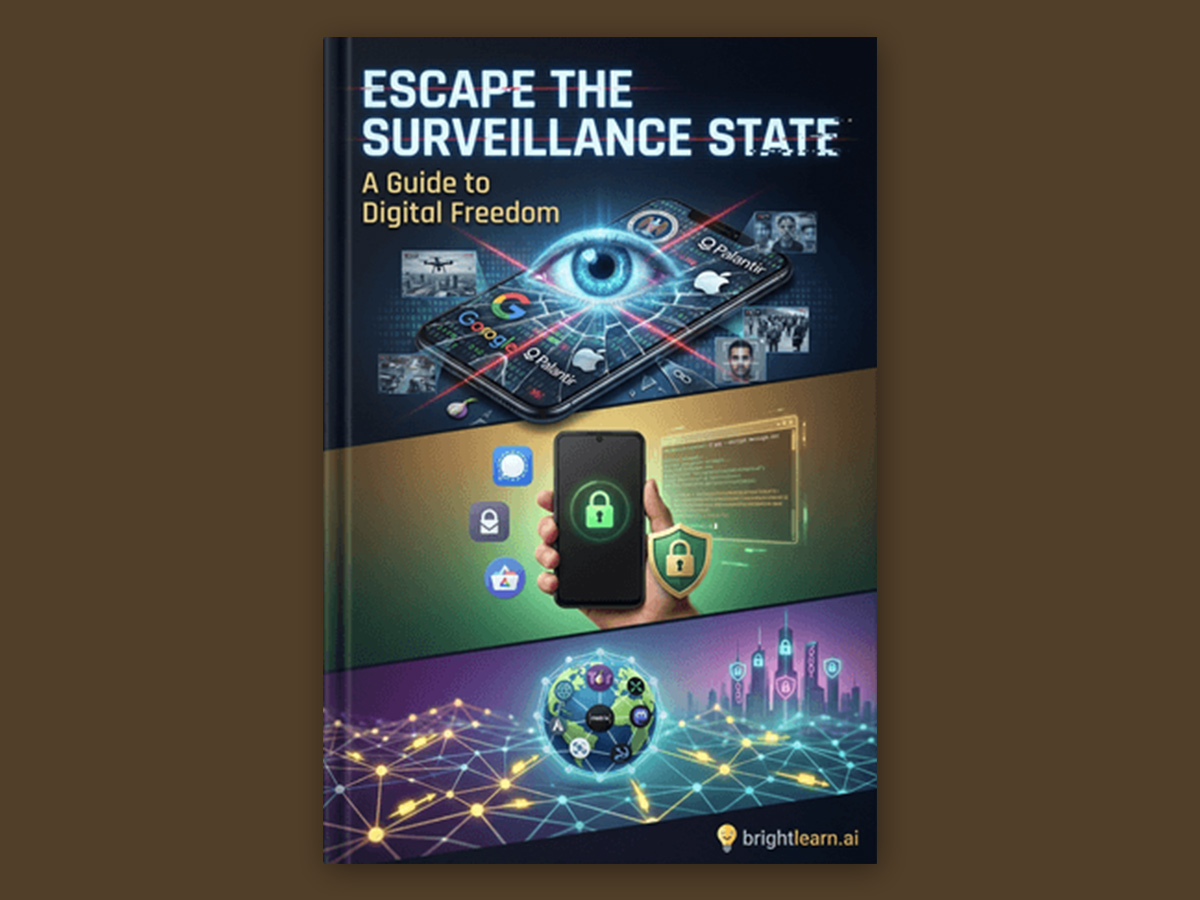© Brighteon.com All Rights Reserved. All content posted on this site is commentary or opinion and is protected under Free Speech. Brighteon is not responsible for comments and content uploaded by our users.
Title: The Intersection of Modern Censorship and Government Control: Safeguarding Democratic Values
In today's rapidly evolving digital landscape, the intricate mechanics of censorship have taken on a new form, challenging the foundational principles of freedom of speech. The fusion of technology, politics, and societal control has ushered in a modern-day phenomenon where censorship is driven by the fight against perceived threats to information integrity. This evolution has significant implications for democratic institutions and individual liberties, as the control of information becomes a strategic tool in shaping public opinion and geopolitical outcomes.
The emergence of online platforms and social media has democratized communication but also exposed vulnerabilities to manipulation and censorship on an unprecedented scale. The use of artificial intelligence and machine learning to monitor and regulate online speech raises concerns about the erosion of civil liberties and the concentration of power in the hands of a few. Governments are grappling with the delicate balance between security and freedom in the complexities of the digital age, highlighting the need for robust safeguards to protect the integrity of public discourse.
Government-sponsored censorship has emerged as a potent tool to control narratives and shape public discourse, posing a significant threat to democratic values. The fusion of cybersecurity agencies with expansive powers blurs the lines between public service and covert manipulation, raising questions about the boundaries of government intervention in shaping public opinion. By framing disinformation as a cybersecurity attack, governments can justify censorship under the guise of protecting democratic institutions, undermining the core principles of democracy.
Collaboration between government entities and external organizations in orchestrating mass censorship campaigns further complicates the landscape of information control. The entanglement of intelligence agencies, military contractors, and media outlets in these operations undermines the foundational pillars of democracy by suppressing dissenting voices and curating information to maintain control. The strategic alignment to silence opposing viewpoints represents a dangerous erosion of democratic norms, redefining democracy as the protection of institutional consensus rather than the will of the electorate.
The implications of state-sponsored censorship extend beyond electoral processes to the broader landscape of information dissemination and public discourse. As government entities encroach into online spaces and curtail free speech rights, the core tenets of democracy are under threat. The deliberate efforts to influence public opinion and stifle dissent through sophisticated tools and tactics highlight the urgent need to uphold transparency, accountability, and freedom of expression to protect democratic values and civic freedoms.
As we confront the challenges posed by the convergence of modern censorship and government control, it is crucial for policymakers, technologists, and civil society to engage in a dialogue on the ethical and legal implications. Upholding the principles of free speech and information transparency is essential in safeguarding democratic values and individual rights. By advocating for safeguards to protect the integrity of public discourse and resisting attempts to silence dissenting voices, we can strive towards a future where diverse viewpoints are heard and respected, ensuring that the power of information remains in the hands of the people, not in the clutches of the powerful few.
In conclusion, the fight against censorship, whether driven by private entities or state actors, is a fight for the soul of our societies. As we navigate the complexities of the digital age, it is imperative to uphold the fundamental tenets of democracy and individual freedom. By fostering a culture of transparency, accountability, and inclusivity, we can resist attempts to manipulate information flows and safeguard democratic values. Experts and stakeholders must collaborate to address these challenges and defend the rights of individuals to engage in open dialogue without fear of suppression. Only through vigilance, integrity, and a commitment to truth and justice can we ensure that the principles of free speech and open debate endure in the face of evolving censorship mechanisms and government control.





